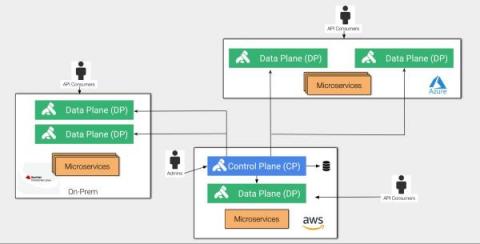Reworked Plugin Queues in Kong Gateway 3.3
Starting with the 3.3 release, Kong Gateway includes a new implementation of the internal queues that are used by several plugins to decouple the production of data in the proxy path and its submission to a receiving server, such as a log server. We’ll walk you through why queues are needed, why a new implementation was required, how the new implementation works and how queues are configured.











